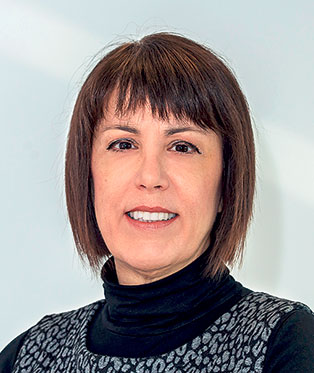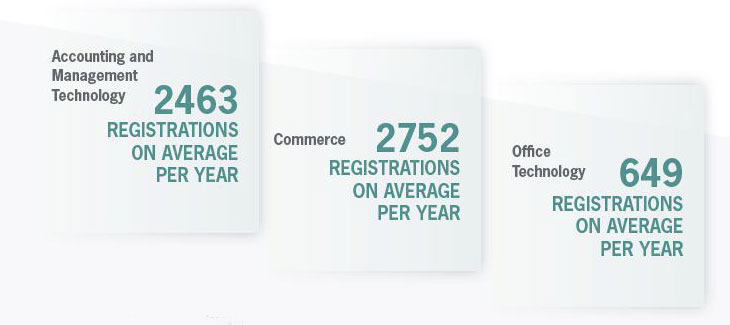The announcement of the elimination of three existing college programs1 and the creation of a new, more flexible program combining several administrative disciplines was greeted with much emotion in many departments.
Although rumours had been circulating, the announcement surprised and destabilized many who wondered if, at the end of this game of musical chairs, everyone will have found a place? Questions were also raised with regards to the teachers who developed the programs, the students enrolled in them, and the companies hiring the students.
This new ministerial orientation requires further explanation, first and foremost, for the educators who brought the programs to life.
A process that offers nothing new
The Ministère’s process for reviewing college technical training programs is nothing new, but the mechanism’s distant and unilateral nature remains painfully clear. The concrete and human consequences expected are not addressed anywhere in the current process.
An accelerated review
The Ministère now wishes to renew the programs at an accelerated pace and even suggests a “continuous” review process. Why? Because the job market is increasingly changing and the current labour shortage puts the training/job match at the top of government priorities. However, in its rush to proceed, is the government taking the time to integrate and consult the main interested parties?
Required improvements

Following numerous complaints, the Ministère decided to temporarily suspend the abolition of the three Business Administration programs. However, the situation has revealed some of the shortcomings in the review process: lack of information regarding the effects on staff, inconsistent flow of information in cégeps, and gaps in the analysis of professions performed in 2018.
“In many respects, the approach is disconnected from the reality of teachers and offers little room for meeting and sharing,” says Line Camerlain.2 “While it is true that a handful of professors are closely involved in the process and do important design work, they are bound by confidentiality. In itself, their presence cannot constitute the contribution of a faculty that wants to add their expertise to these necessary revisions.”
Relevant involvement that was recommended long ago
Involving technical training teachers in curriculum development has long been recommended.
In February 2002, at the closing conference of a forum on technical training, the former chairman of the ministerial working group on curriculum reform, Paul Inchauspé, said, “the college network has […] technical education teachers with a high level of training, whose main task is teaching and who maintain constant relations with the employment sector for which they train their students. It would therefore be beneficial to seek the expertise and judgment of these teachers from the earliest stages of curriculum development.”
The Conseil supérieur de l’éducation recommended that teaching staff be “able to contribute to updating the programs, both in terms of their adequacy in relation to the current reality and from a longer-term perspective.”
In addition, “the teaching staff is regularly in contact with the world of work, not only for internships, but also because students seek more applied work. This is another link with the job market that positions college players to contribute to the development and updating of ministerial programs.” 3
1 The 3 programs affected are Accounting and Management Technology (410.B0), Commerce (410.D0), and Office Technology (412.A0).
2 Line Camerlain is vice-president of the CSQ and representative on the Comité national des programmes d’études professionnelles et techniques (CNPEPT).
3 QUÉBEC. CONSEIL SUPÉRIEUR DE L’ÉDUCATION (2004). Regard sur les programmes de formation technique et la sanction des études : poursuivre le renouveau au collégial, Avis au ministre de l’Éducation, [Online] (March), 141 pgs. [cse.gouv.qc.ca/wp-content/uploads/2020/01/50-0445-AV-regard-programmes-formation-technique-sanction-etudes.pdf].

